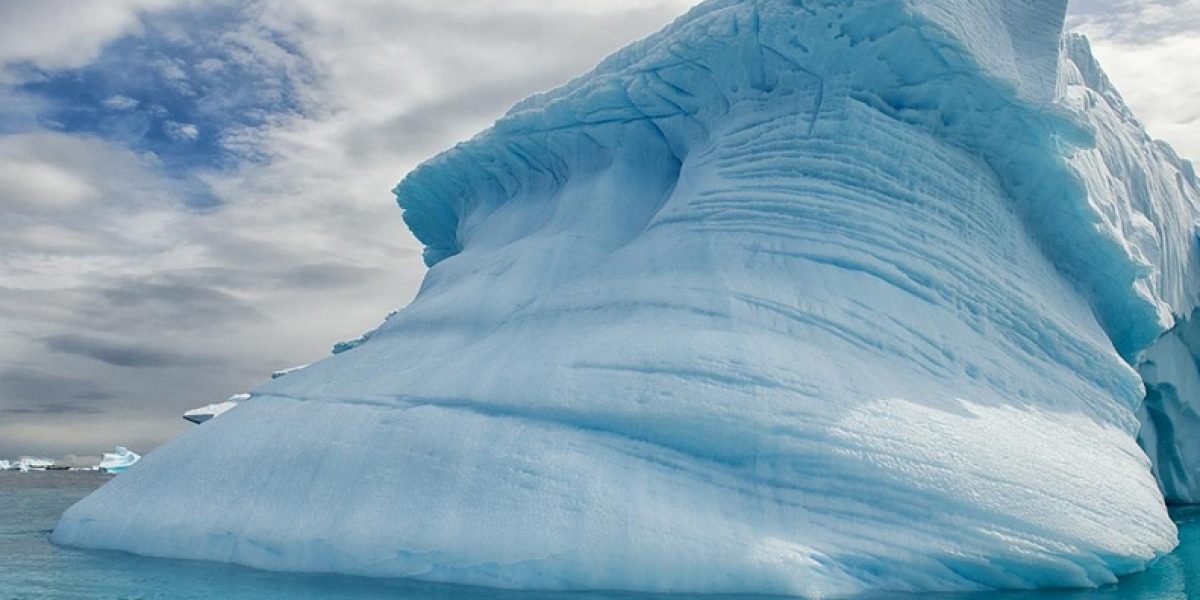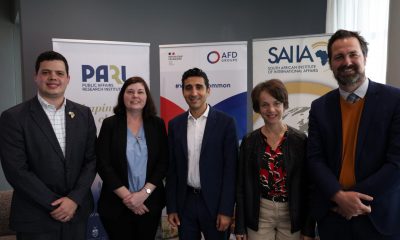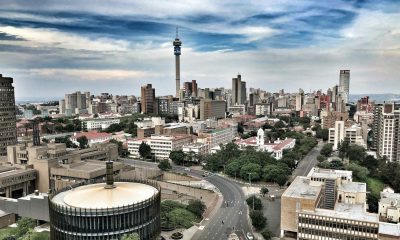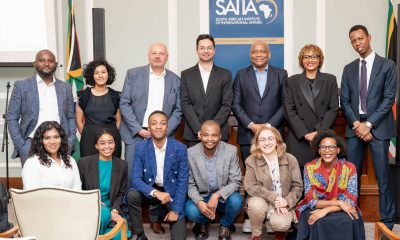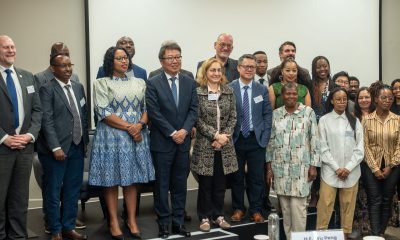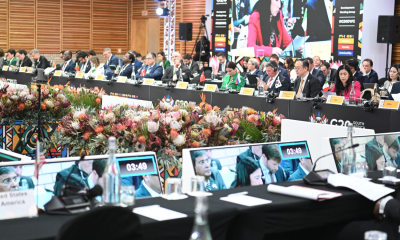However, these developments are equally pertinent for the Antarctic Circle, the subject of a new SAIIA research report.
It is ironic that the Antarctic Treaty, one of the most effective global governance regimes of the post-World War II period, has received very little attention over the years. Driven by Cold War pressures and a failure to regulate multiple and overlapping land claims in Antarctica, the US initiated a process that led to the 1959 Antarctic Treaty (the Treaty). Of the 50 Treaty members, 29 (including South Africa) are ‘consultative parties’ with voting rights. The Treaty provides for inspections and stipulates, inter alia, that Antarctica should remain a zone of peace and scientific enquiry, setting to the one side existing territorial claims. Furthermore, under the Madrid Protocol (which came into force in 1998), mineral exploration is prohibited until at least 2048.
View the new SAIIA research report, To the Ends of the Earth: Antarctica, the Antarctic Treaty and South Africa.
Although the Treaty is regarded as generally successful, it is in need of reform, in particular as regards its two tier membership structure and the non-applicability of its provisions to non-members. Other threats to the Treaty, as noted above, include possible mineral exploration, biological prospecting, unsustainable levels of commercial fishing (legal and illegal) and mass tourism. Many of these issues are likely to be discussed at the next Antarctic Treaty Consultative Meeting (ATCM), set to take place between 23 May and 1 June 2016 in Santiago, Chile.
Over the years emerging powers have displayed a growing interest in the Antarctic. India, China and South Korea, to name a few, have all increased their presence and scientific activity there. As a contracting party, South Africa has been involved from the outset in the Treaty and its ancillary frameworks. However, it has concentrated mostly on science.
A new SAIIA report concludes that more focus needs to be placed on the evolution of the political debate and on South Africa’s core interests. South Africa should pay more attention to Antarctic matters and continue to play an active part in the deliberations of Treaty agencies that uphold the Treaty’s original intent.
SAIIA’s Foreign Policy Programme compiled this short analysis on Antarctica.

